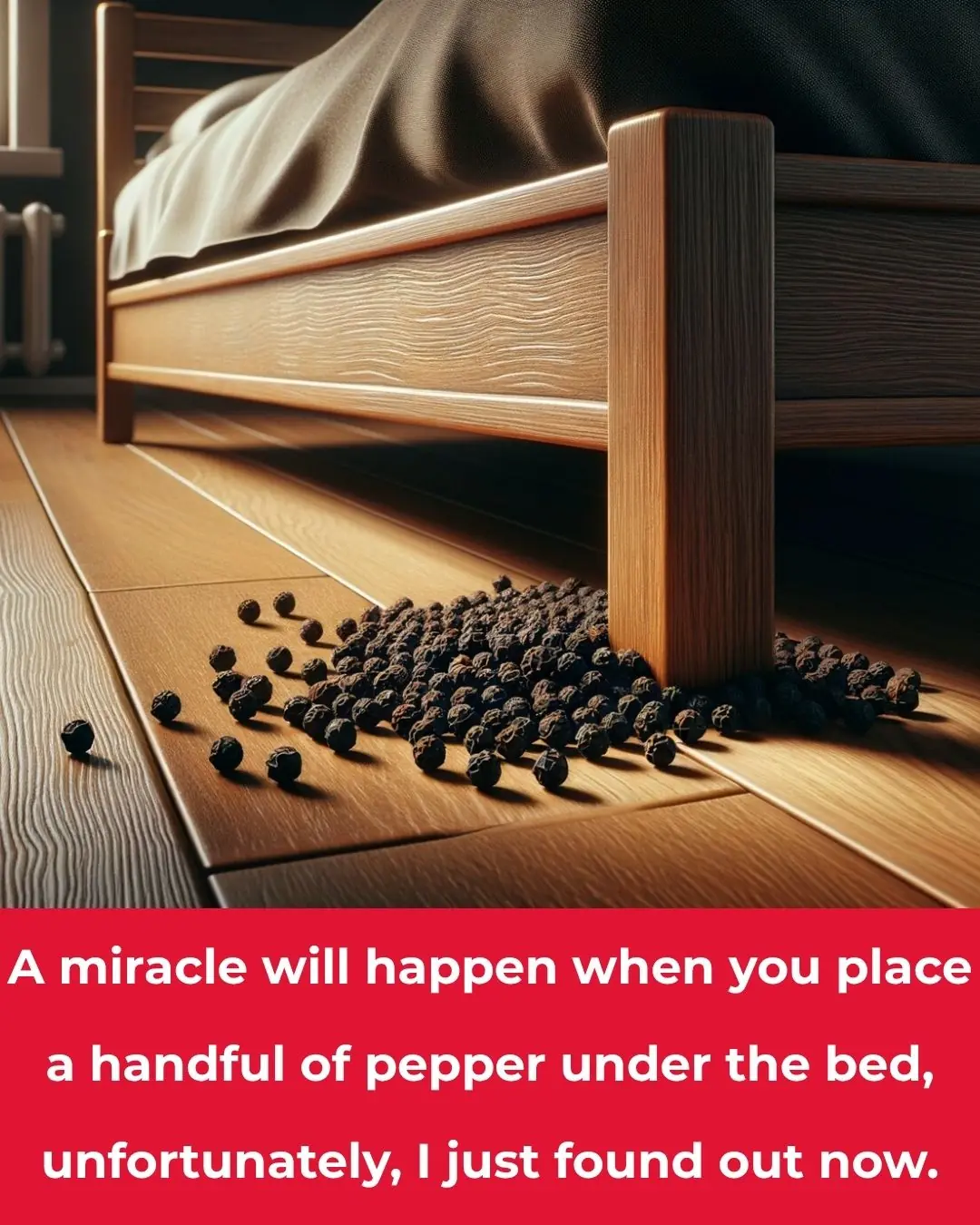
The body will show 5 symptoms to remind you to eat less salt

Salt adds flavor, enhances aroma, and makes food delicious — but when consumed in excess, it can quietly harm your health. Your body is remarkably smart: it often sends subtle warning signals to remind you when your salt intake is getting out of control. Ignoring these signals for too long can put stress on your kidneys, heart, and bones.
Here’s how your body tries to tell you when it’s had enough salt — and why it’s so important to listen.
⚠️ 1. Dry Mouth and Constant Thirst
One of the first warning signs of excessive salt consumption is a dry, parched mouth. When you eat salty foods, the balance of sodium and water in your body is disrupted. To restore equilibrium, your brain triggers thirst signals, urging you to drink more water.
This reaction is your body’s natural defense system: it’s trying to dilute the extra sodium in your bloodstream. However, if you constantly feel thirsty — even after drinking plenty of fluids — it might mean your diet is consistently too high in salt.
🧠 2. Slower Reaction and Poor Concentration
Too much salt doesn’t just affect your thirst — it can also affect your mental sharpness. High sodium levels can cause mild cellular dehydration, including in brain cells. When your brain cells don’t have enough fluid, electrical signals slow down, leading to sluggish reactions, difficulty concentrating, and even brain fog.
You might notice you’re slower to respond in conversations or that your thinking feels a bit “cloudy.” While dehydration is often to blame, excessive sodium can be a hidden contributor.
💍 3. Swollen or “Thicker” Fingers
Have you ever felt like your rings fit tighter even though you haven’t gained weight? That puffiness could be a sign of water retention caused by high sodium intake.
Salt attracts water, so when there’s too much sodium in your bloodstream, your body holds onto fluid to balance it out. This can cause swelling — not just in your fingers, but also in your ankles, feet, and face.
If you wake up feeling bloated or notice temporary weight gain overnight, excess salt might be the reason.
🤕 4. Headaches and Pressure in the Head
Too much salt can increase blood pressure and cause your blood vessels to expand and constrict irregularly. When this happens in the brain, it can lead to cerebral edema — mild swelling that puts pressure on surrounding nerves, resulting in headaches or a heavy, throbbing sensation.
This doesn’t only happen to people with diagnosed hypertension. Even those with “normal” blood pressure can experience temporary spikes after a salty meal. Over time, chronic high-salt diets can contribute to persistent high blood pressure, increasing the risk of stroke and heart disease.
🚽 5. Frequent Urination
Your kidneys work hard to filter excess sodium out of your system. When you eat too much salt, your kidneys have to increase urine production to eliminate it — leading to more frequent trips to the bathroom.
This process may help in the short term, but it also dehydrates your body and puts extra stress on your kidneys. Over years of high sodium intake, this can impair kidney function and raise the risk of chronic kidney disease.
⚡ Listen to Your Body
If you notice several of these symptoms — dry mouth, puffy fingers, frequent urination, or headaches — your body may be urging you to cut back on salt. Reducing sodium intake doesn’t mean you have to sacrifice flavor; it just means being more mindful about your choices.
Now, let’s take a closer look at what’s really happening inside your body when you eat too much salt.
🧂 The Hidden Dangers of Eating Too Much Salt
While sodium is essential for nerve function and fluid balance, too much of it can be harmful. The average person consumes far more salt than the body actually needs — often double or even triple the recommended daily amount.
Here’s what happens when salt consumption goes unchecked.
1. Increased Burden on the Kidneys
Your kidneys are the body’s filtration system, responsible for removing waste and maintaining the right sodium-to-water ratio. When you eat large amounts of salt, your kidneys must work overtime to expel the excess sodium.
This leads to sodium and water retention, forcing the kidneys to filter more blood than usual. Over time, the constant strain can lead to kidney fatigue, damage, and even chronic kidney disease.
Tip: Drinking enough water and eating potassium-rich foods (like bananas, spinach, and beans) can help the body balance sodium levels naturally.
2. Rising Blood Pressure and Heart Risks
One of the most well-documented effects of too much salt is high blood pressure (hypertension). Sodium attracts water, so when it builds up in the bloodstream, it increases the total volume of blood. The higher volume creates more pressure on blood vessel walls, making your heart pump harder to move blood through your body.
Over time, this can damage arteries, stiffen blood vessels, and significantly raise your risk of heart attack, stroke, and heart failure. Reducing sodium by even a small amount can have measurable benefits for your heart health.
3. Accelerated Calcium Loss and Weaker Bones
Another lesser-known danger of excessive salt intake is calcium depletion. When sodium levels are high, your body excretes both sodium and calcium together through urine. Over time, this can lead to bone calcium loss, especially if calcium isn’t being replenished through diet.
Low calcium levels trigger the release of parathyroid hormone, which pulls calcium out of your bones to maintain balance in your bloodstream. This ongoing process can weaken bone density, increasing the risk of osteoporosis and fractures later in life.
🥗 How to Cut Back Without Sacrificing Taste
The good news? Cutting down on salt doesn’t mean your meals have to taste bland. Your taste buds can adjust within just a few weeks. Here are some easy ways to make the transition smoother:
-
Reduce salt gradually: Start by cutting 5–10% of the salt you use in cooking. You’ll hardly notice the difference.
-
Use herbs and spices: Season food with garlic, pepper, basil, rosemary, or lemon juice to add flavor naturally.
-
Avoid hidden sodium: Processed foods, sauces, instant noodles, and even bread can contain surprising amounts of salt.
-
Read labels carefully: Choose “low-sodium” or “no added salt” versions when available.
-
Cook more at home: Restaurant meals are often high in sodium, even if they don’t taste particularly salty.
💬 Final Thoughts
Salt is essential — but balance is everything. The occasional salty snack won’t harm you, but consistently consuming too much can slowly damage vital organs, raise blood pressure, and weaken your bones.
Listen to your body’s subtle warning signs, and take small, steady steps toward reducing sodium. In time, your taste buds will adapt, your kidneys will thank you, and your overall health will improve.
Remember: sometimes the simplest health change — like putting down the salt shaker — can have the biggest long-term impact.
News in the same category

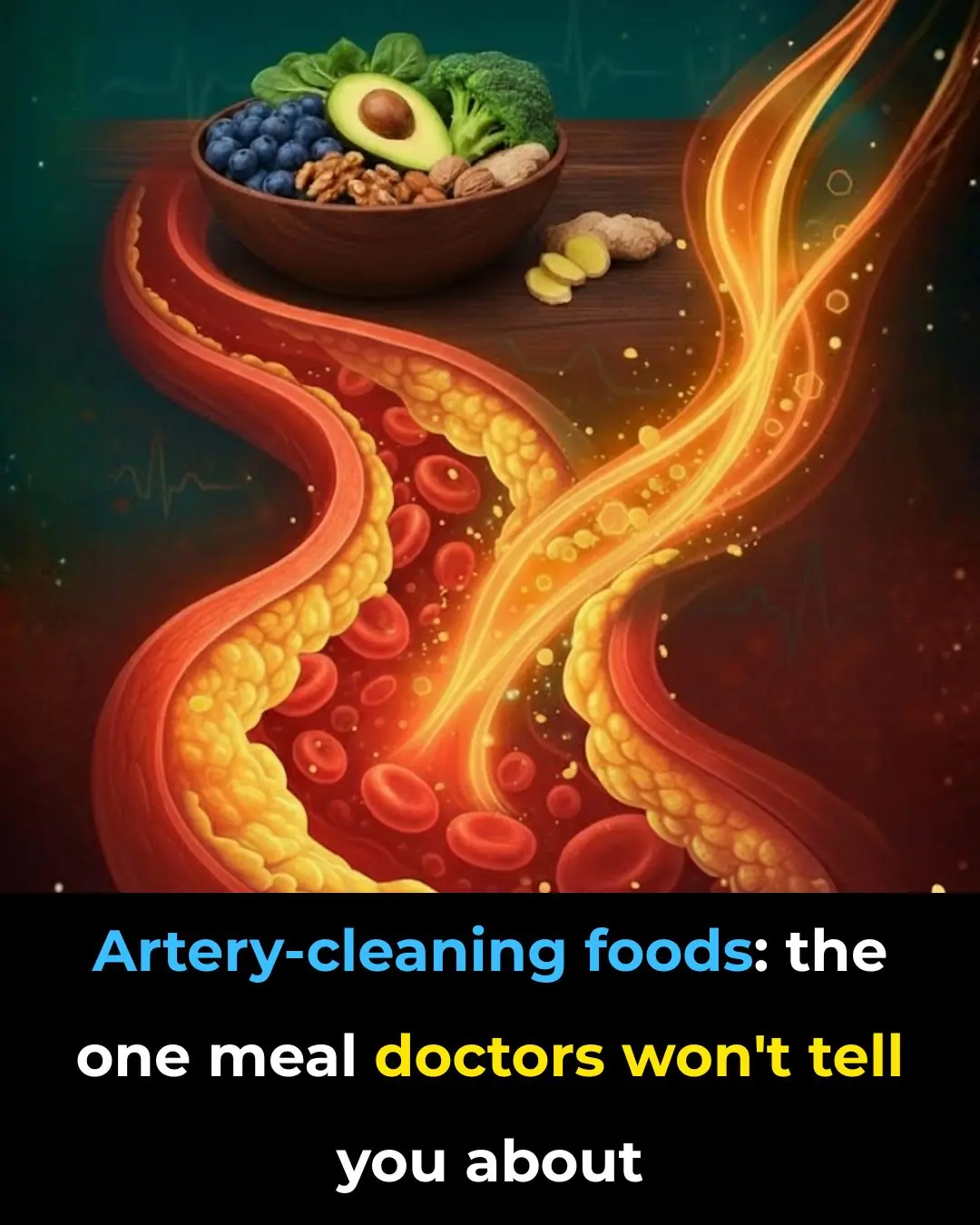
Artery-Cleaning Foods: The One Meal Doctors Won’t Tell You About
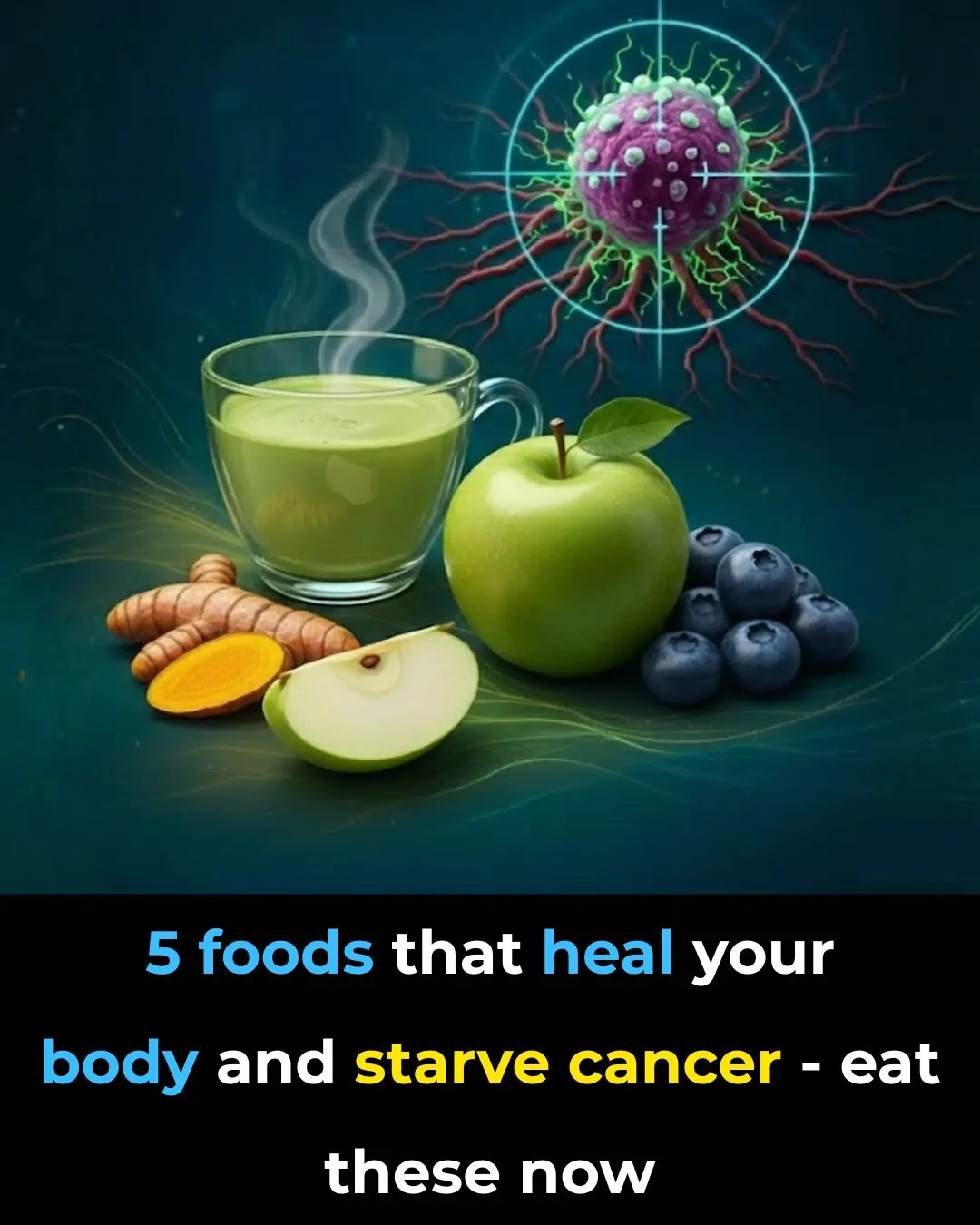
5 foods that heal your body and STARVE cancer—eat these now!
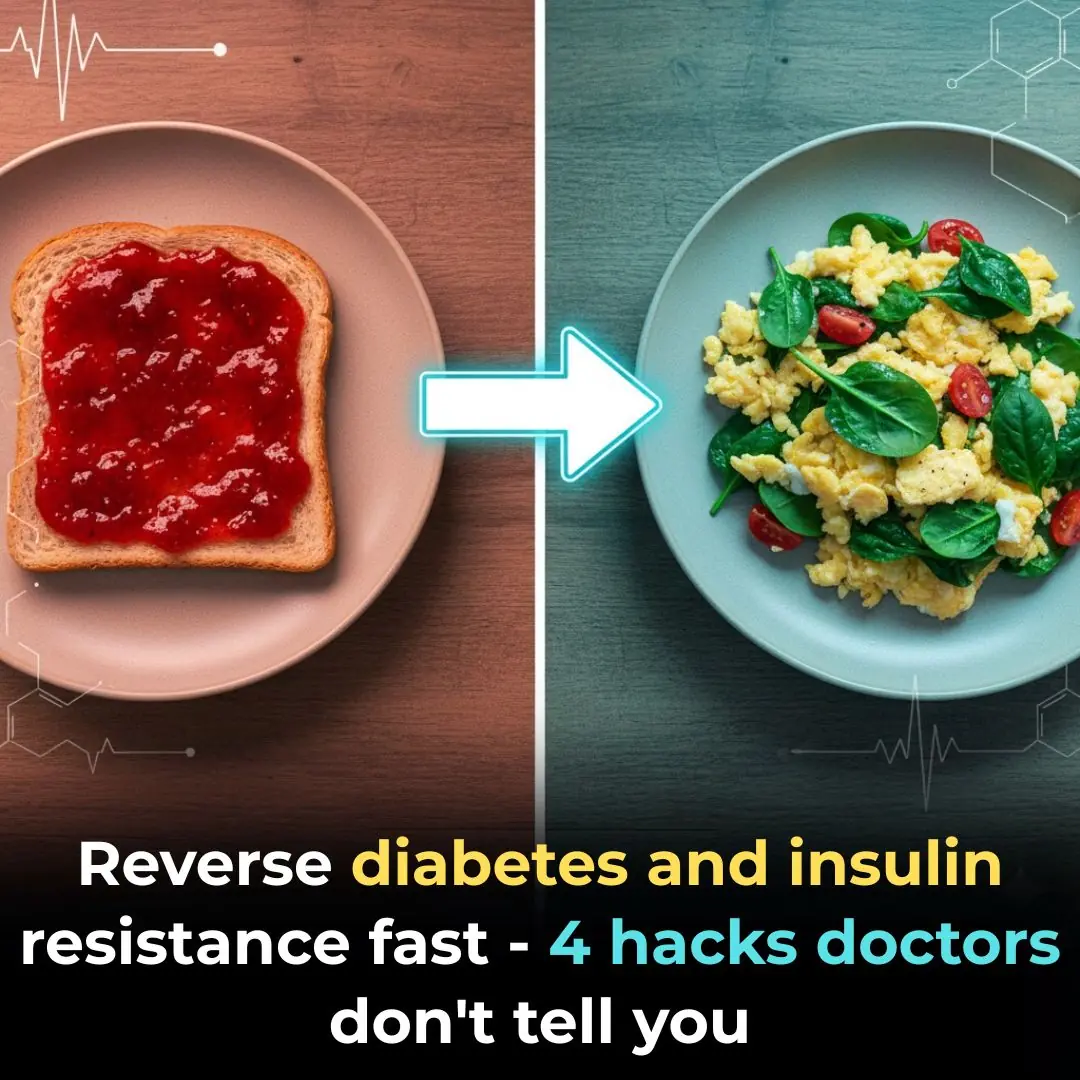
Reverse diabetes and insulin resistance fast—4 hacks doctors don’t tell you!
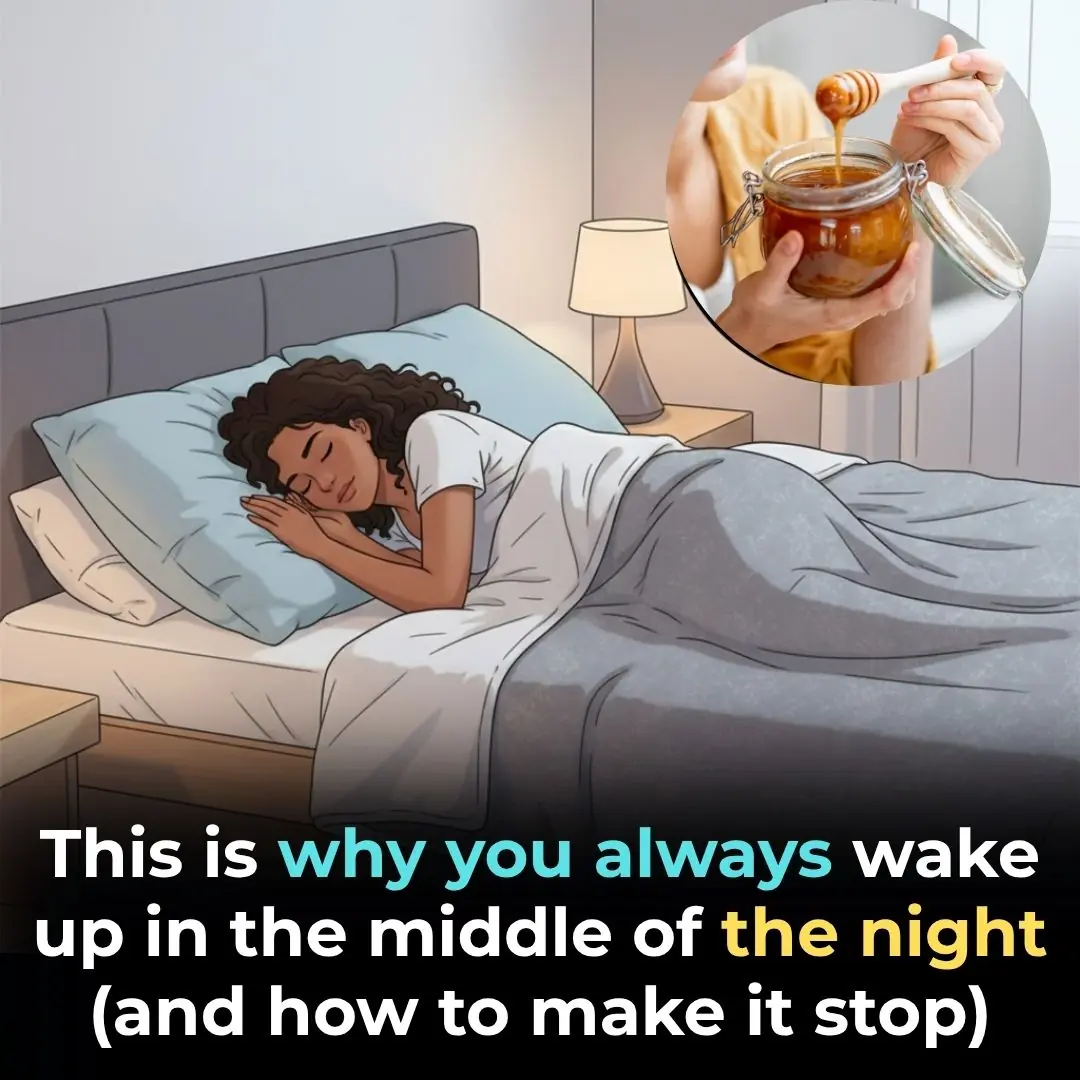
This is Why You Always Wake Up in the MIDDLE of the Night (and how to make it STOP)
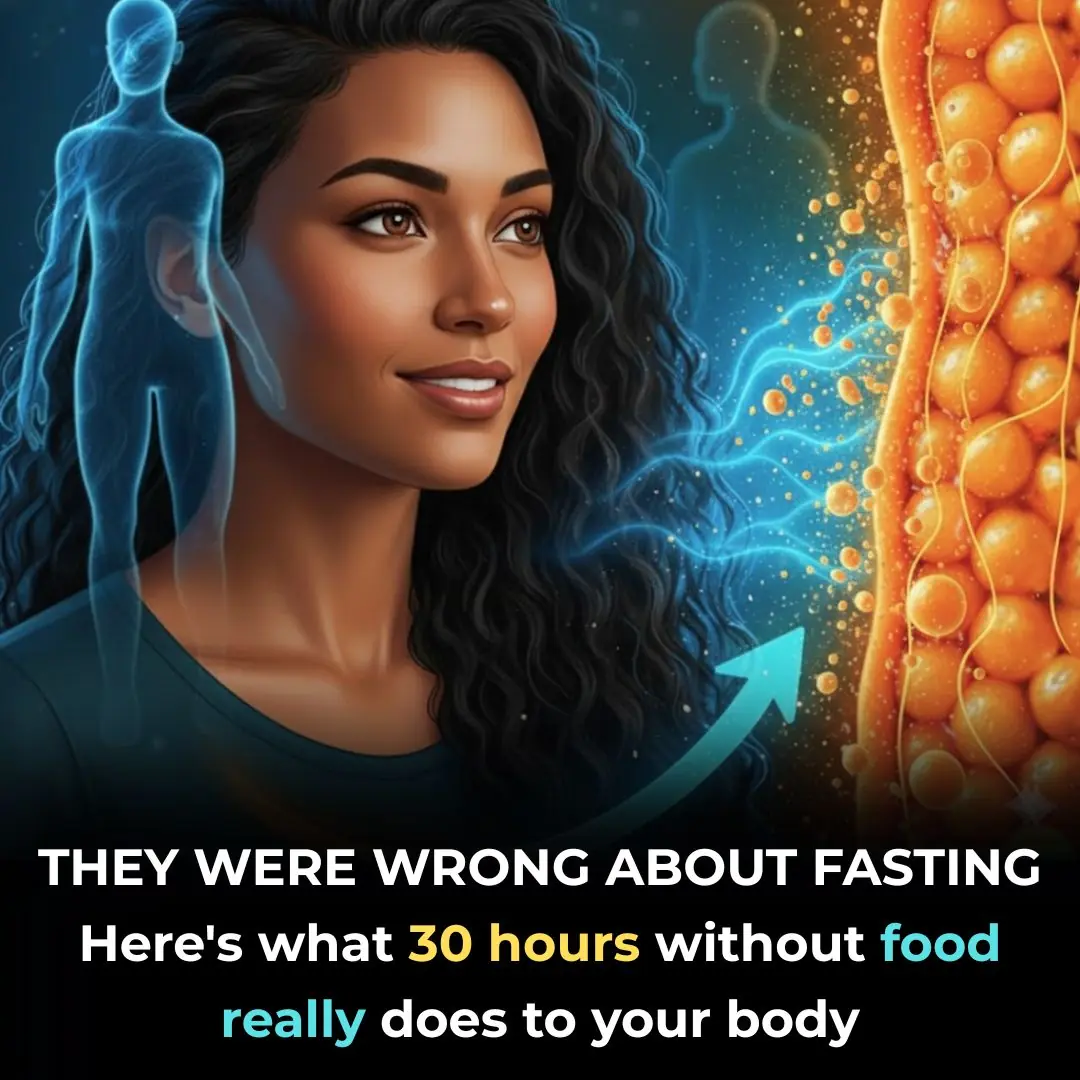
They were wrong about fasting — here’s what 30 hours without food really does to your body
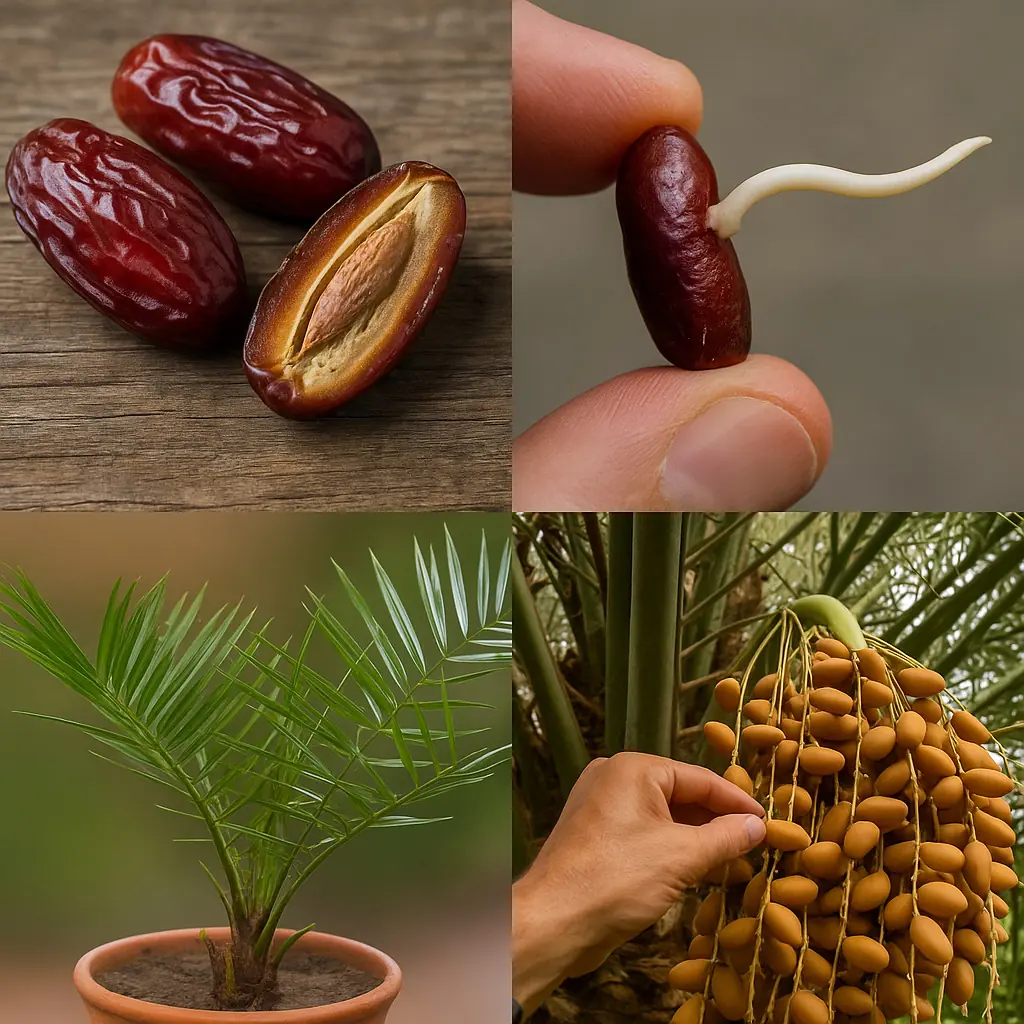
Grow Date Trees From Seed (Start in a Pot → Plant Outdoors): The Complete, No-Stress Guide
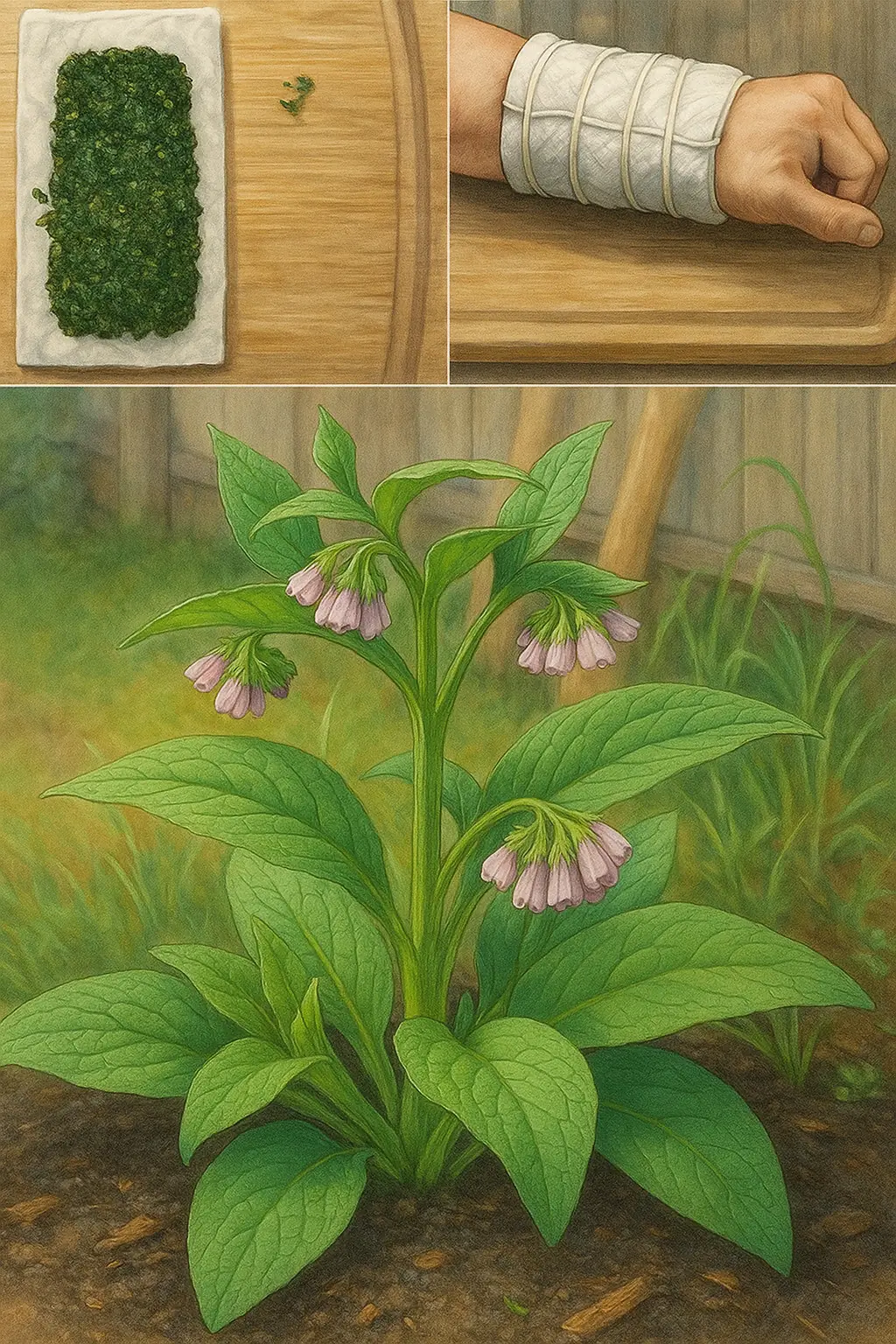
The Incredible Benefits of Common Comfrey: Uses, Remedies, and Precautions
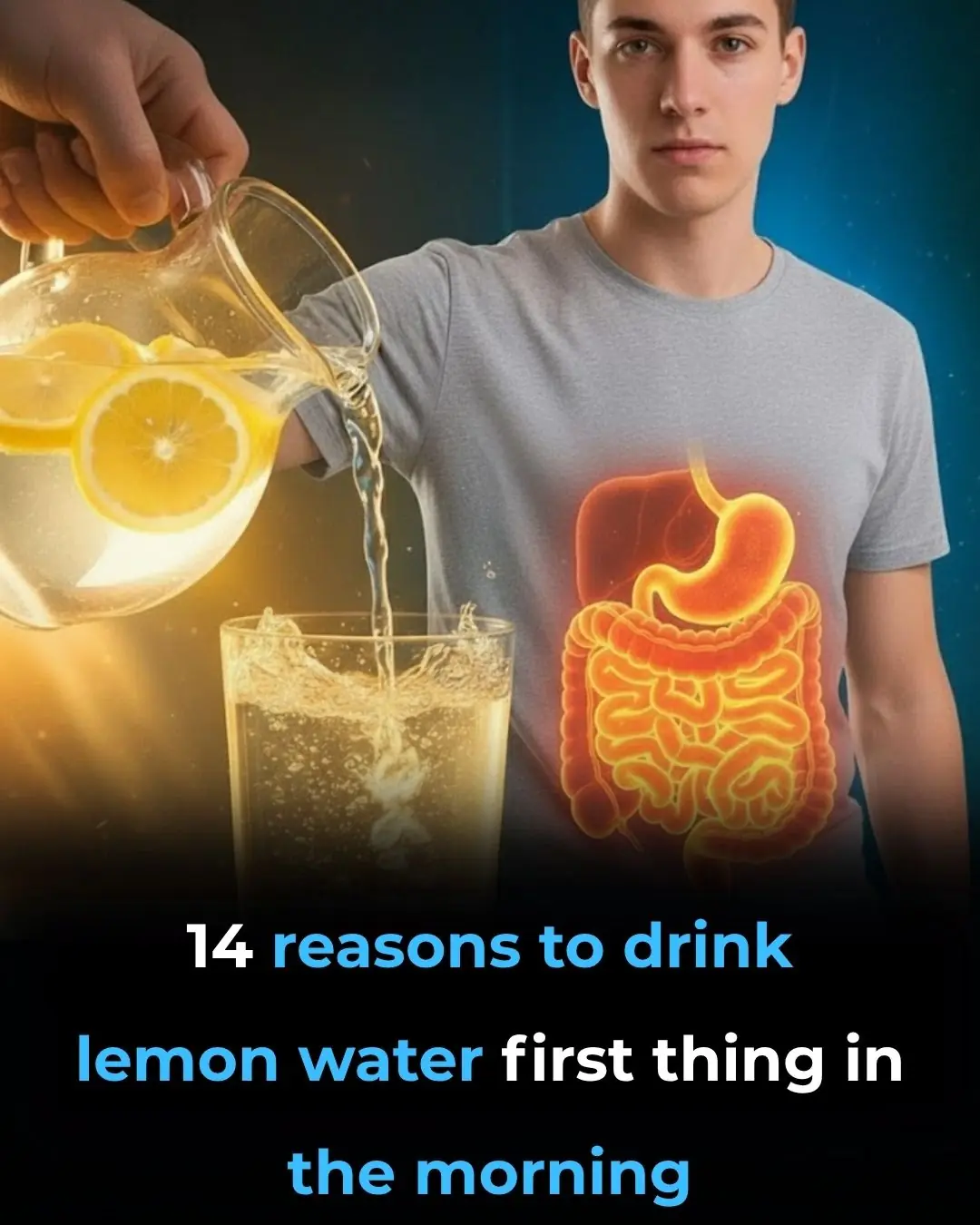
14 Reasons to Drink Lemon Water First Thing in the Morning
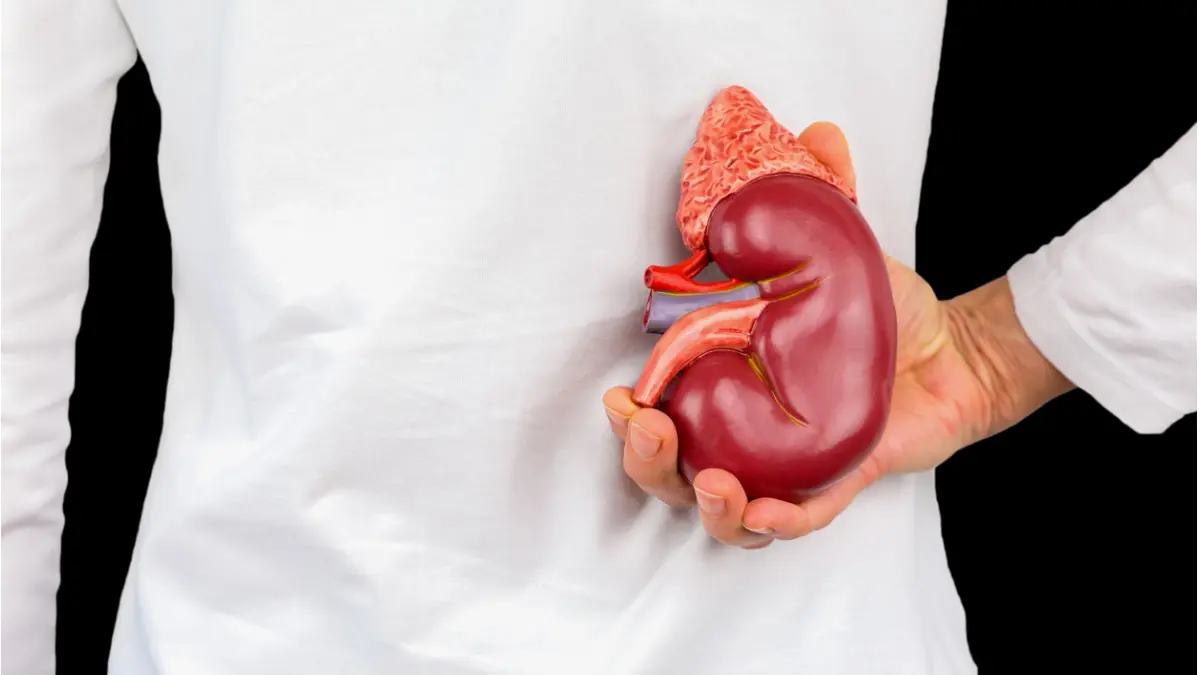
The #1 Food for Detoxifying and Supporting Kidney Health
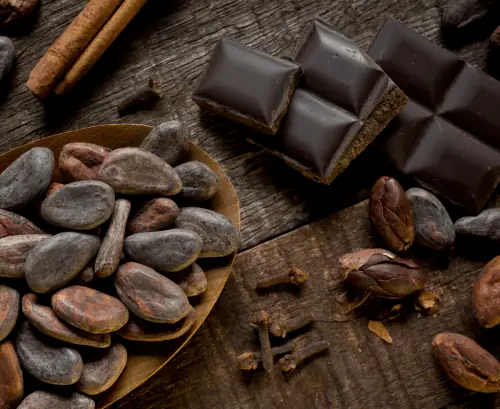
Dark Chocolate and Tea Found to Significantly Lower Blood Pressure
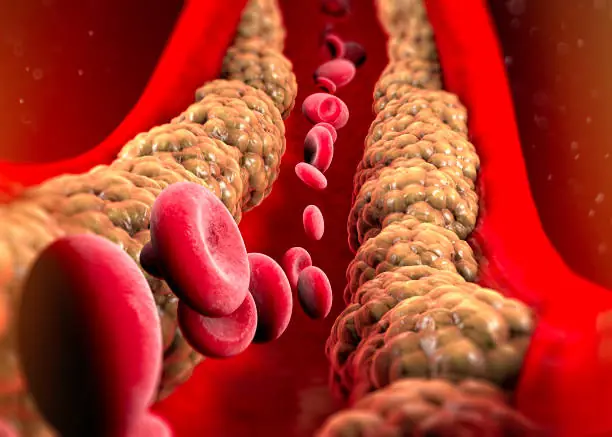
Why This Doctor Refuses to Prescribe Statins for High Cholesterol
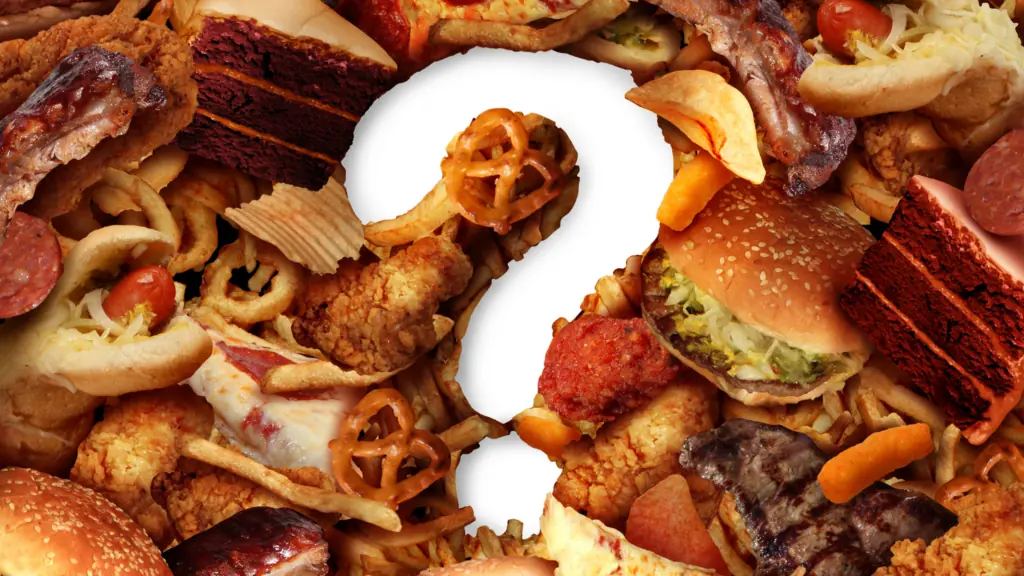
Top 5 Foods to Avoid if You Have High Blood Pressure

How bathing too often can affect your health
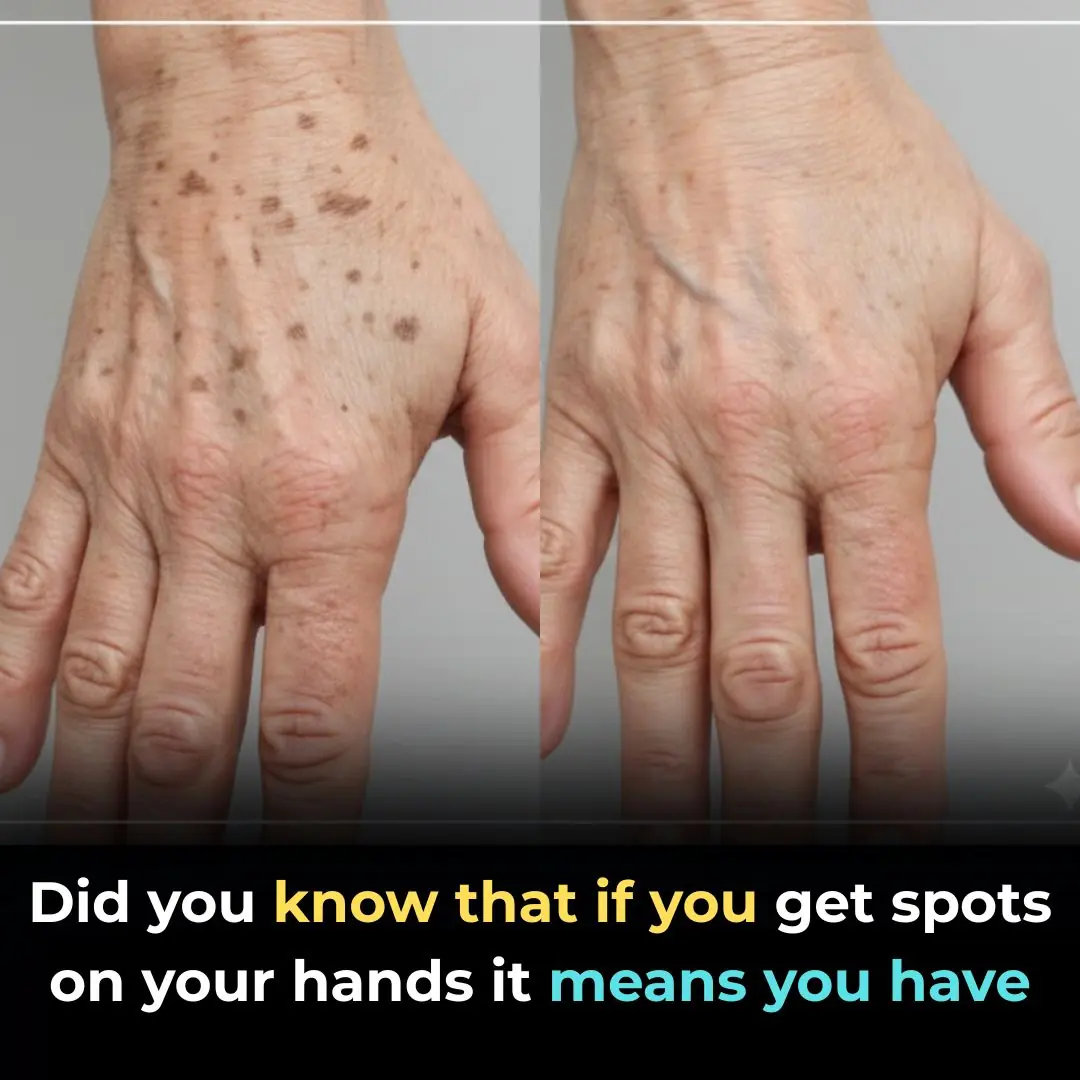
Did you know that if you get spots on your hands it means you have
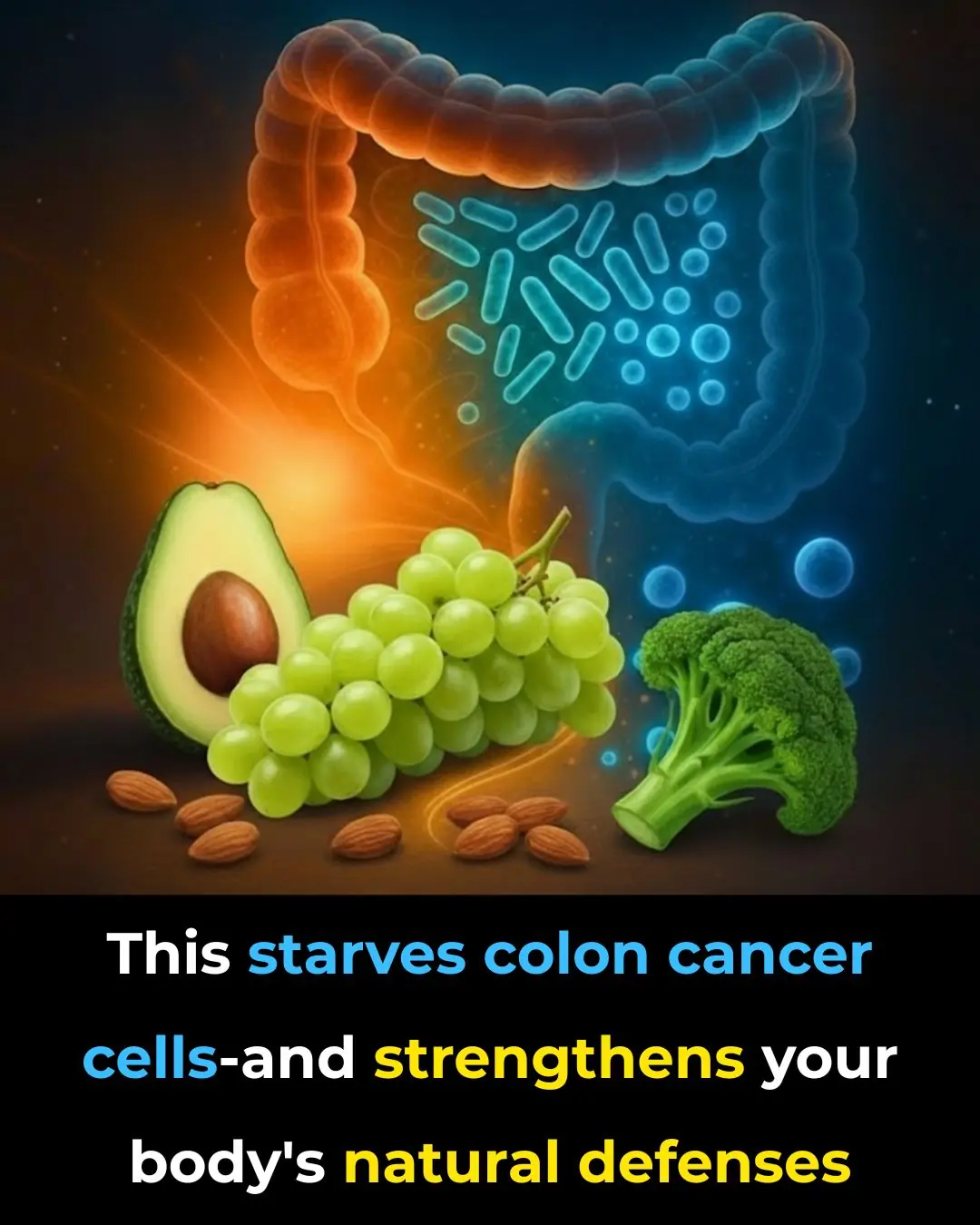
This starves colon cancer cells — and strengthens your body’s natural defenses
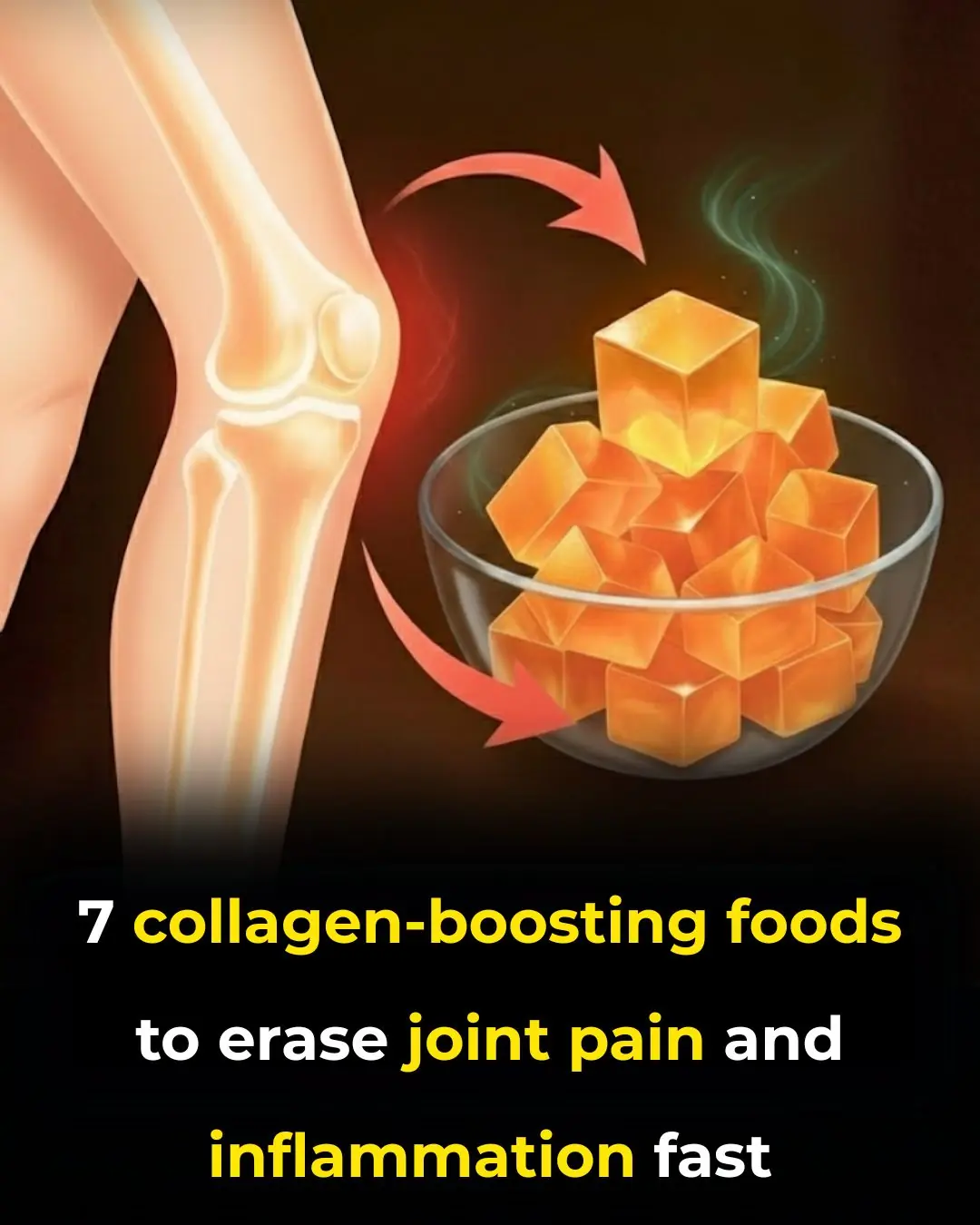
7 COLLAGEN-boosting foods to ERASE joint pain & inflammation FAST!
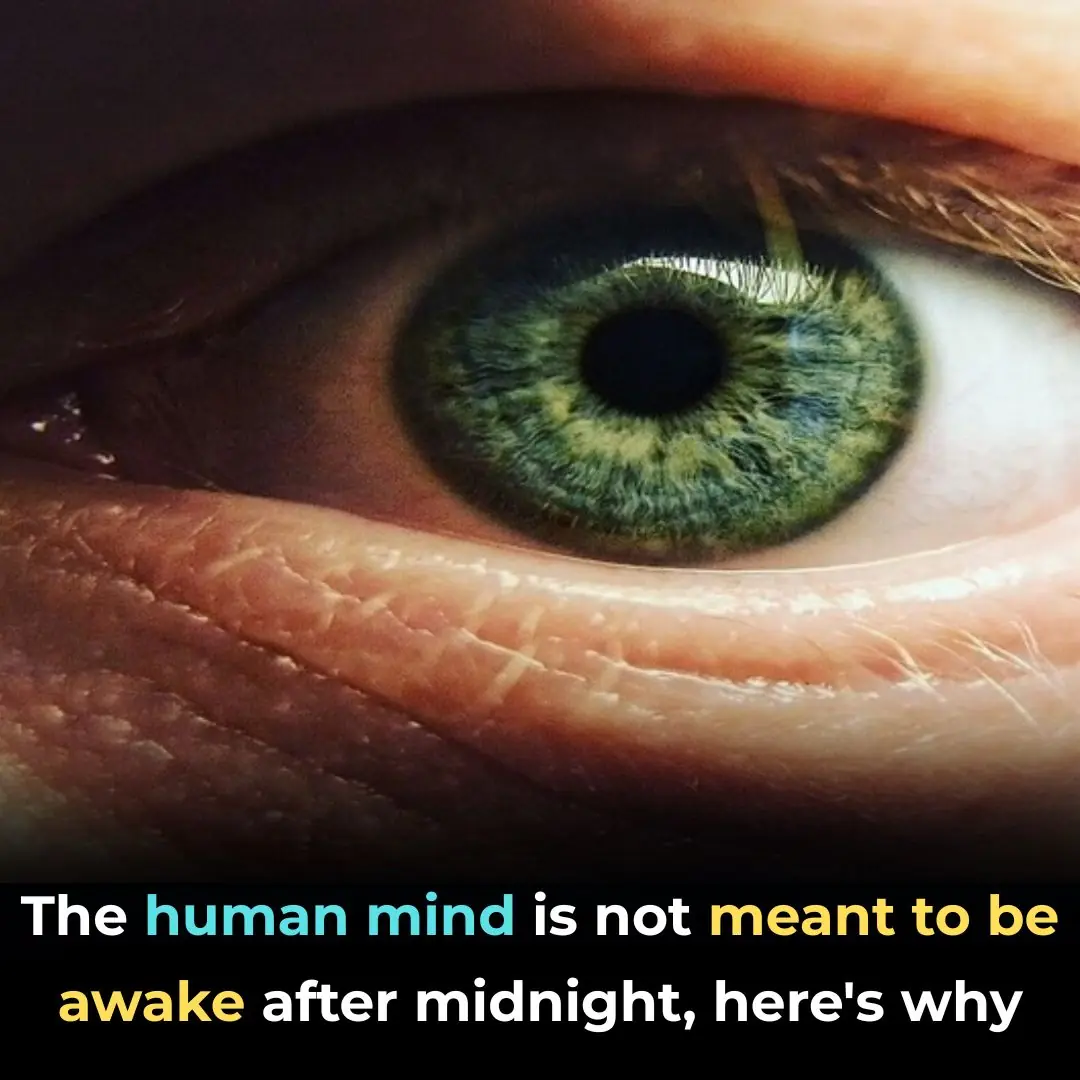
The Human Brain Isn’t Built for Late Nights, Experts Warn
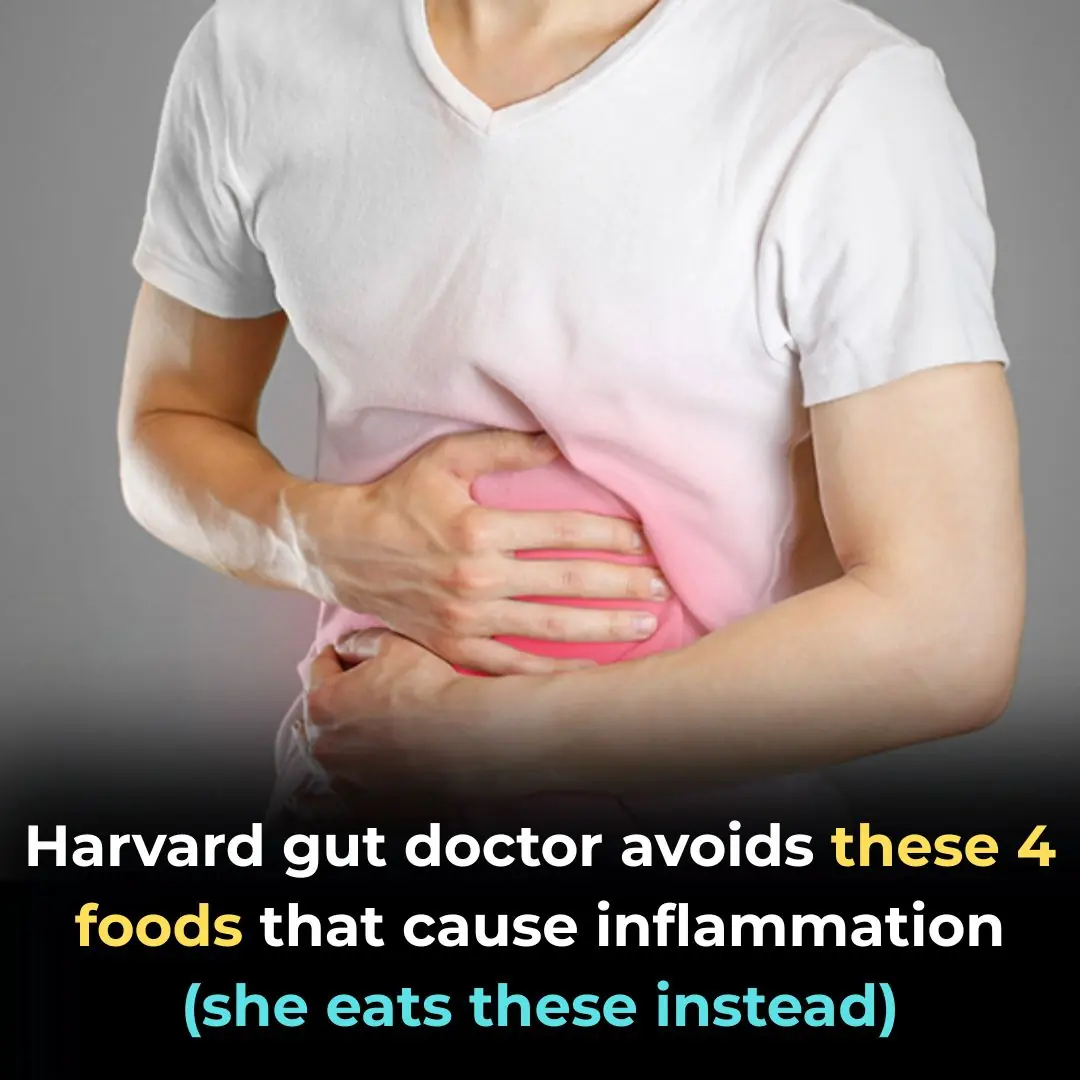
Harvard Doctor Reveals Foods You Should Avoid to Prevent Inflammation
News Post
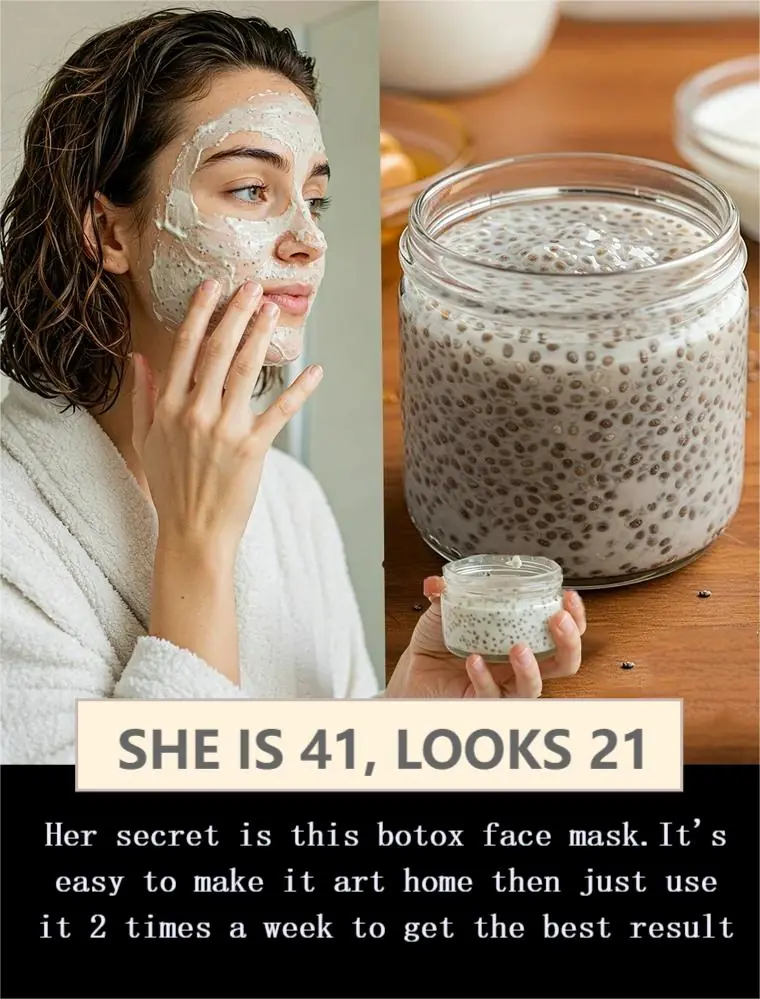
A Natural Botox Alternative? How a Simple Chia Seed Mask Can Tighten, Brighten, and Rejuvenate the Skin
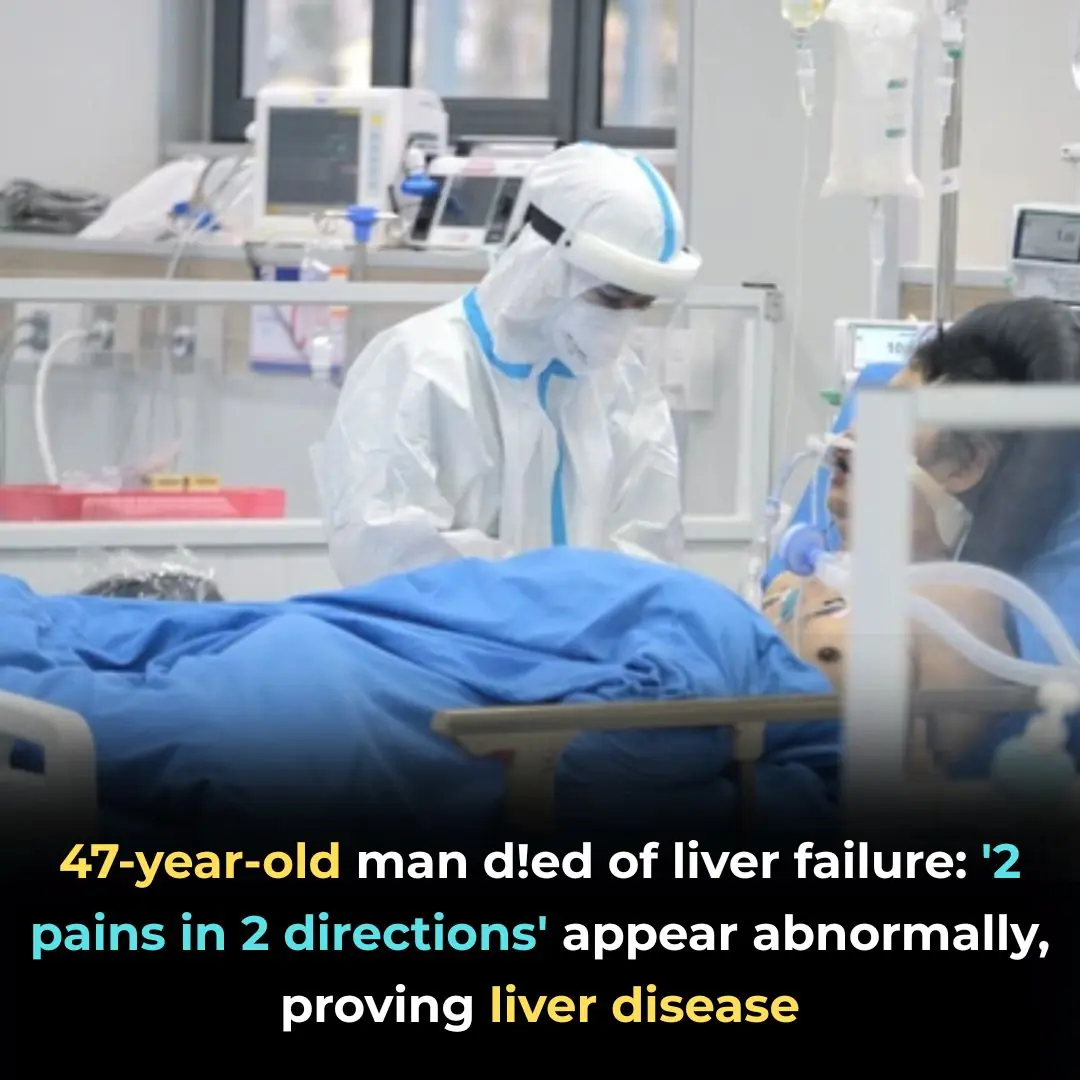
47-Year-Old Man Dies from Liver Failure: “Two Types of Pain, Two Types of Itching” Warn of Serious Liver Disease
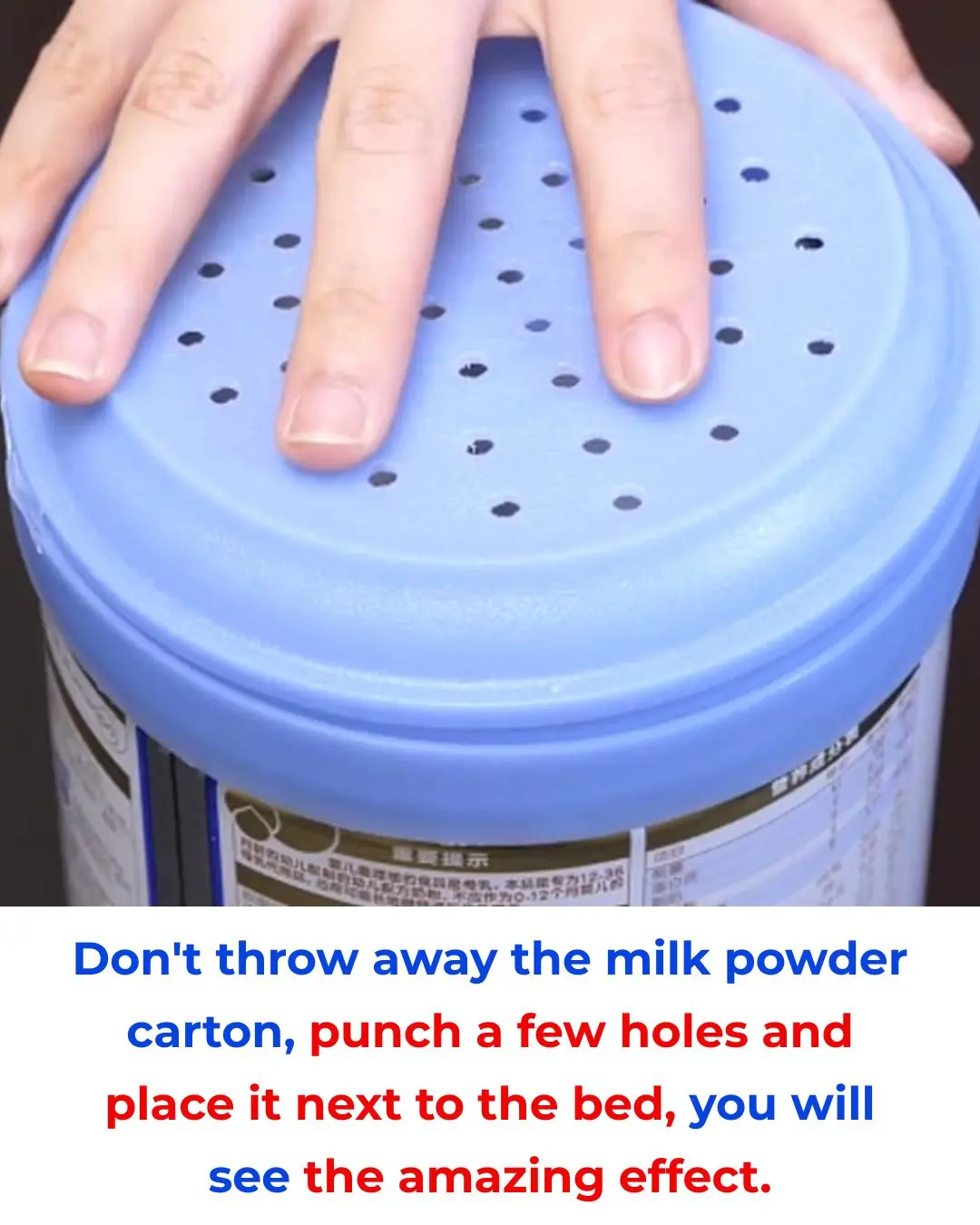
Don’t Throw Away Your Empty Milk Powder Cans – Turn Them Into Useful Household Items

If Cancer Cells Are Developing in the Body, These 3 Nighttime Symptoms May Appear

Can you spot the hidden dog? Only people with eagle eyesight can!

Can you spot the book, egg, cup, and pillow?
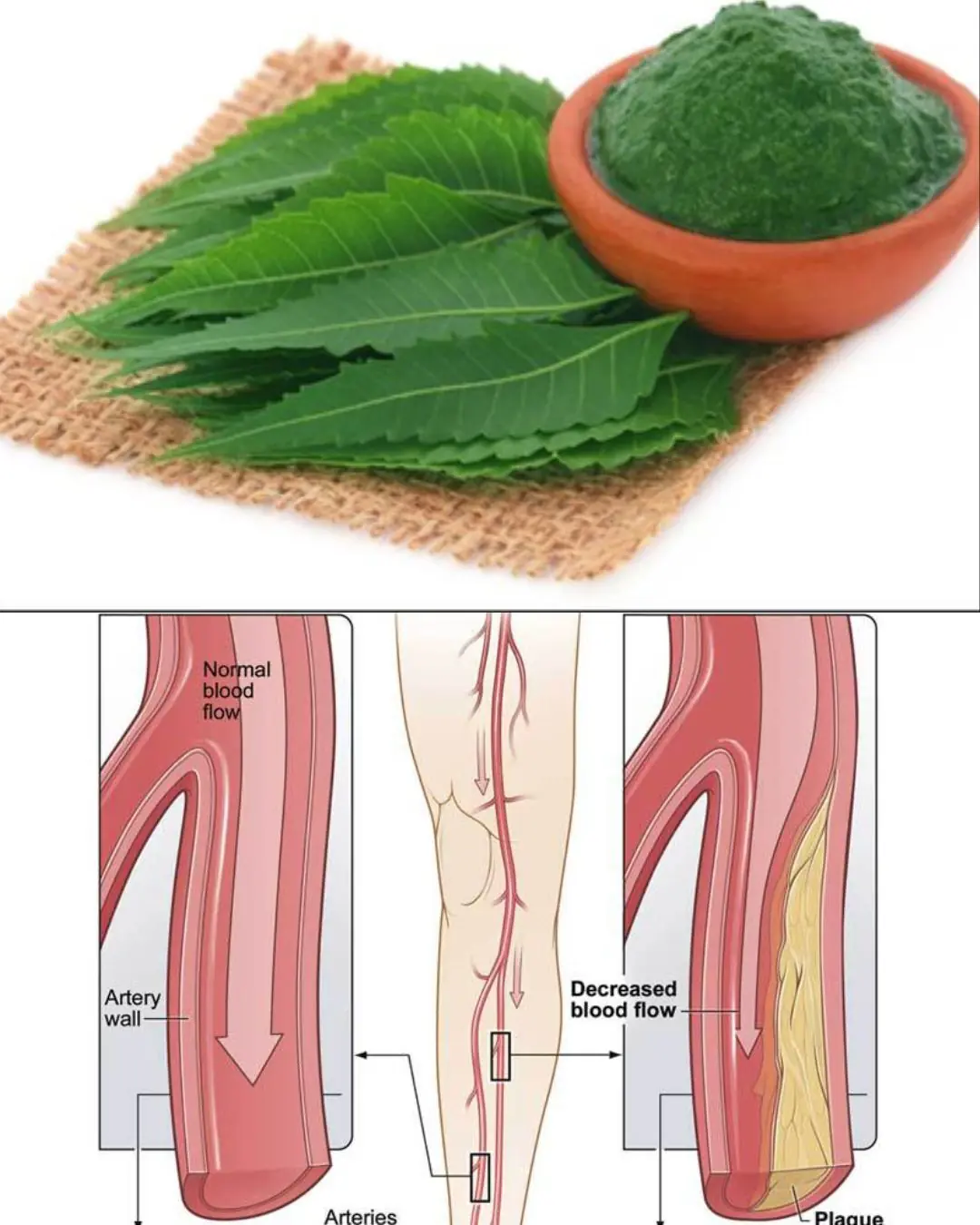
Neem: An Ancient Plant With Potential Health Benefits – What Science Says
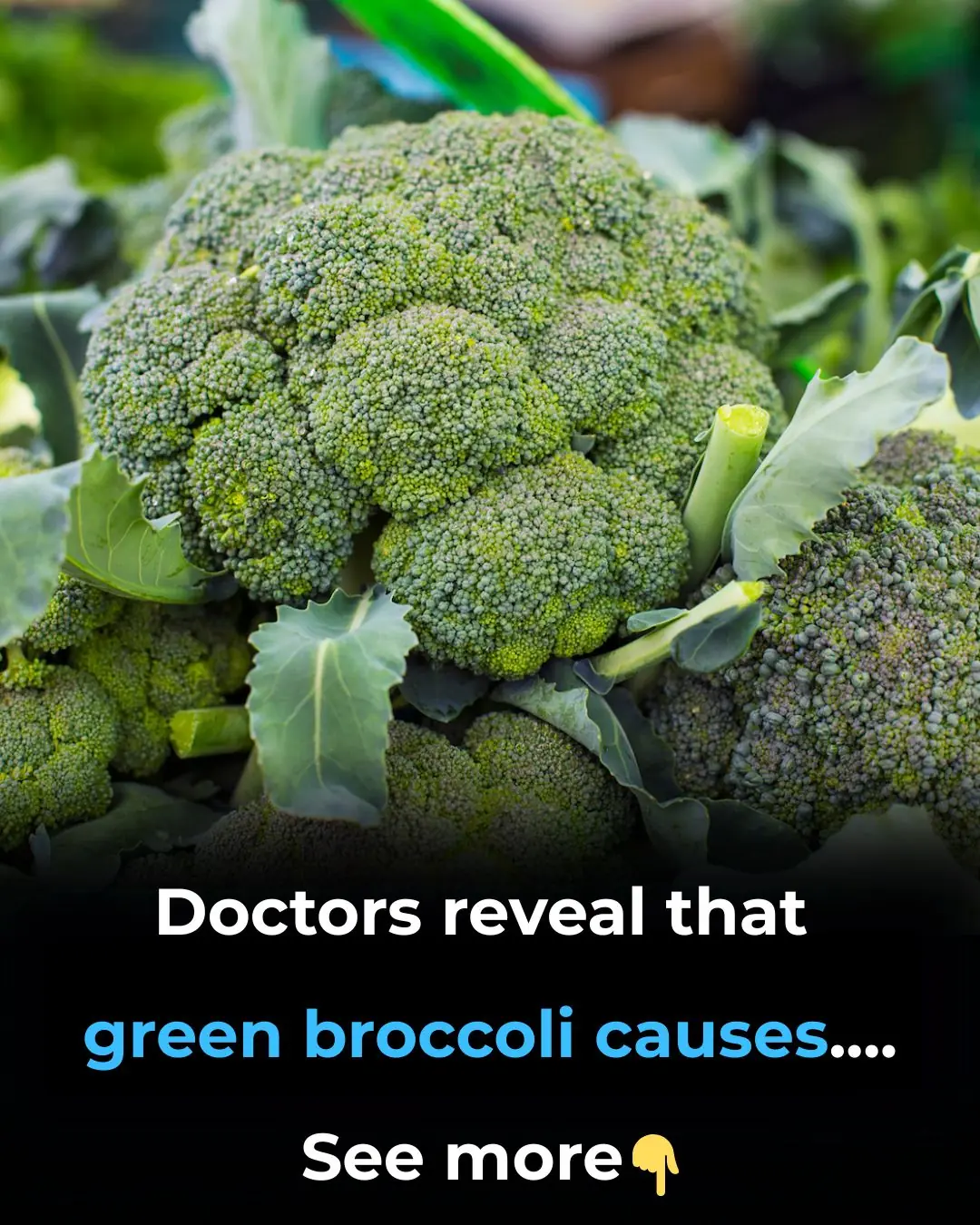
Doctors reveal that green broccoli causes...see more

Artery-Cleaning Foods: The One Meal Doctors Won’t Tell You About

5 foods that heal your body and STARVE cancer—eat these now!

Reverse diabetes and insulin resistance fast—4 hacks doctors don’t tell you!

This is Why You Always Wake Up in the MIDDLE of the Night (and how to make it STOP)

They were wrong about fasting — here’s what 30 hours without food really does to your body
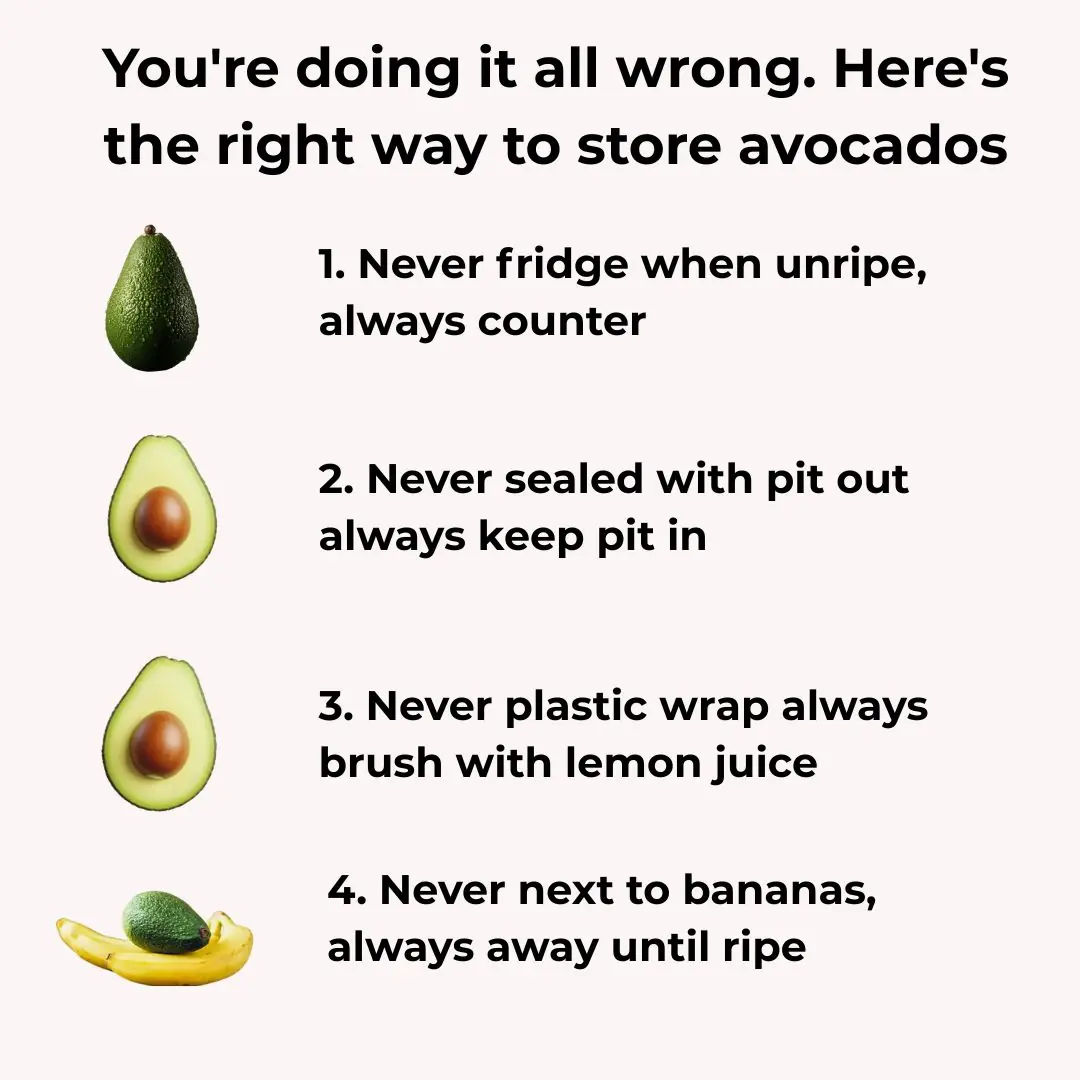
You're doing it all wrong. Here’s the right way to store avocados
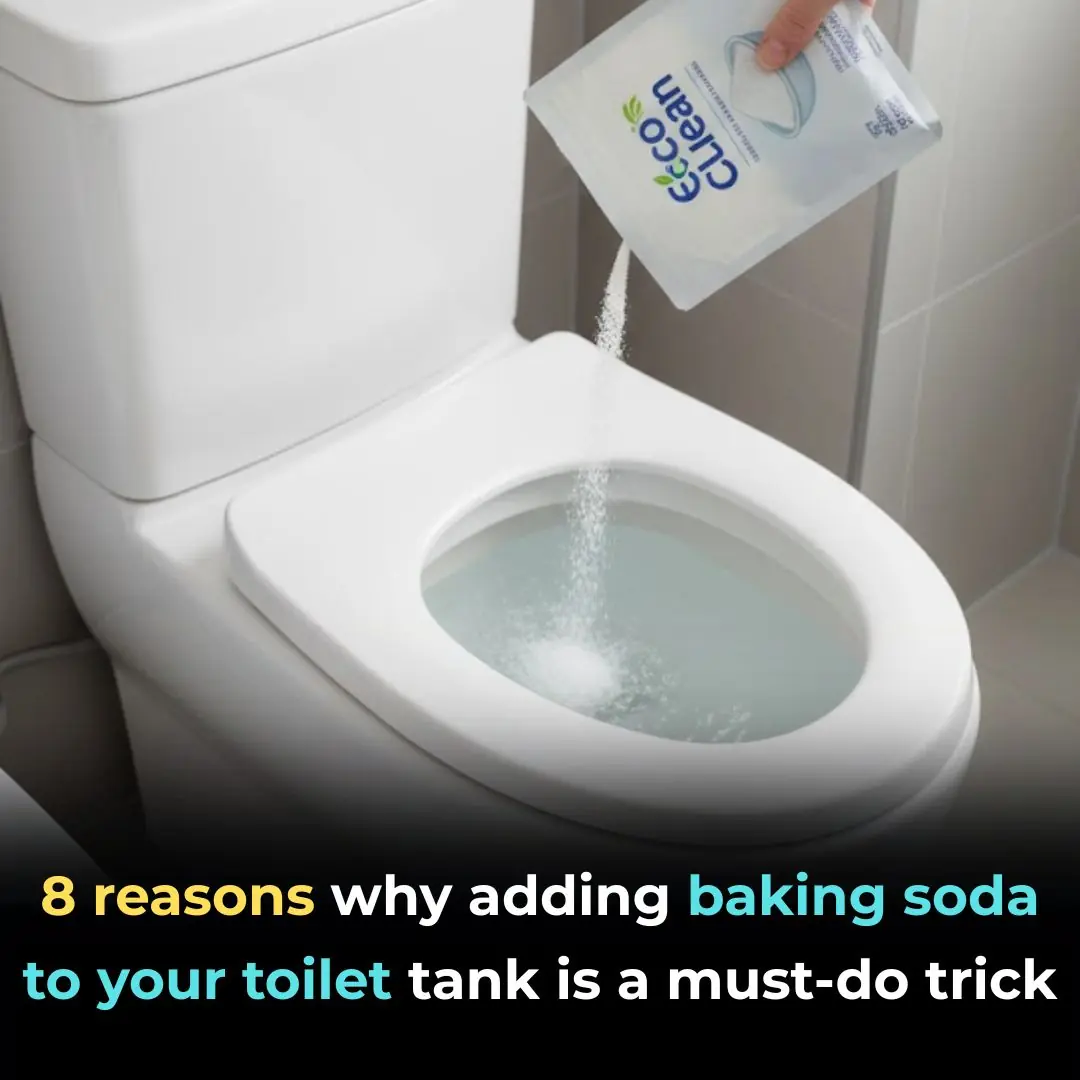
8 reasons why adding baking soda to your toilet tank is a must-do trick
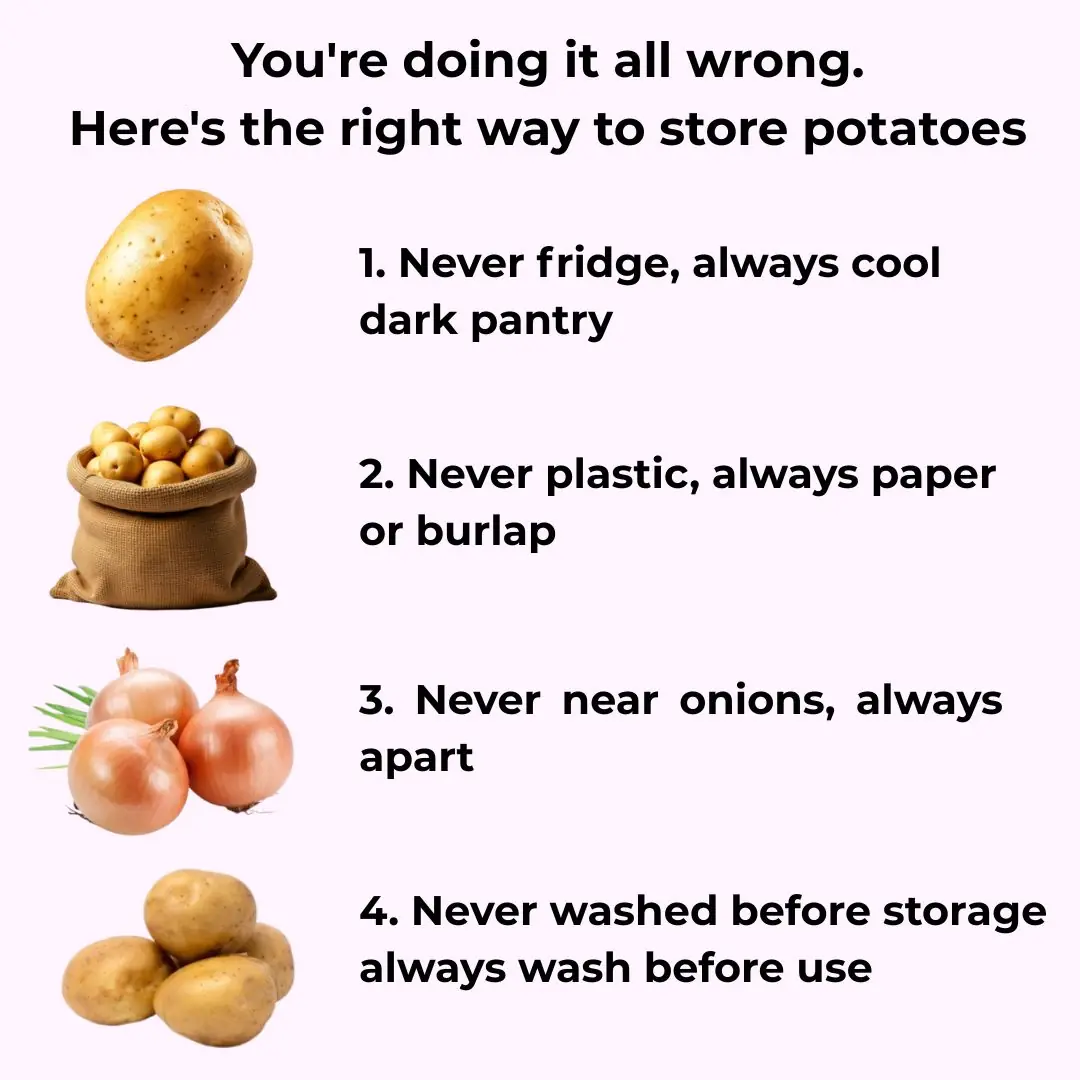
You're doing it all wrong. Here’s the right way to store potatoes
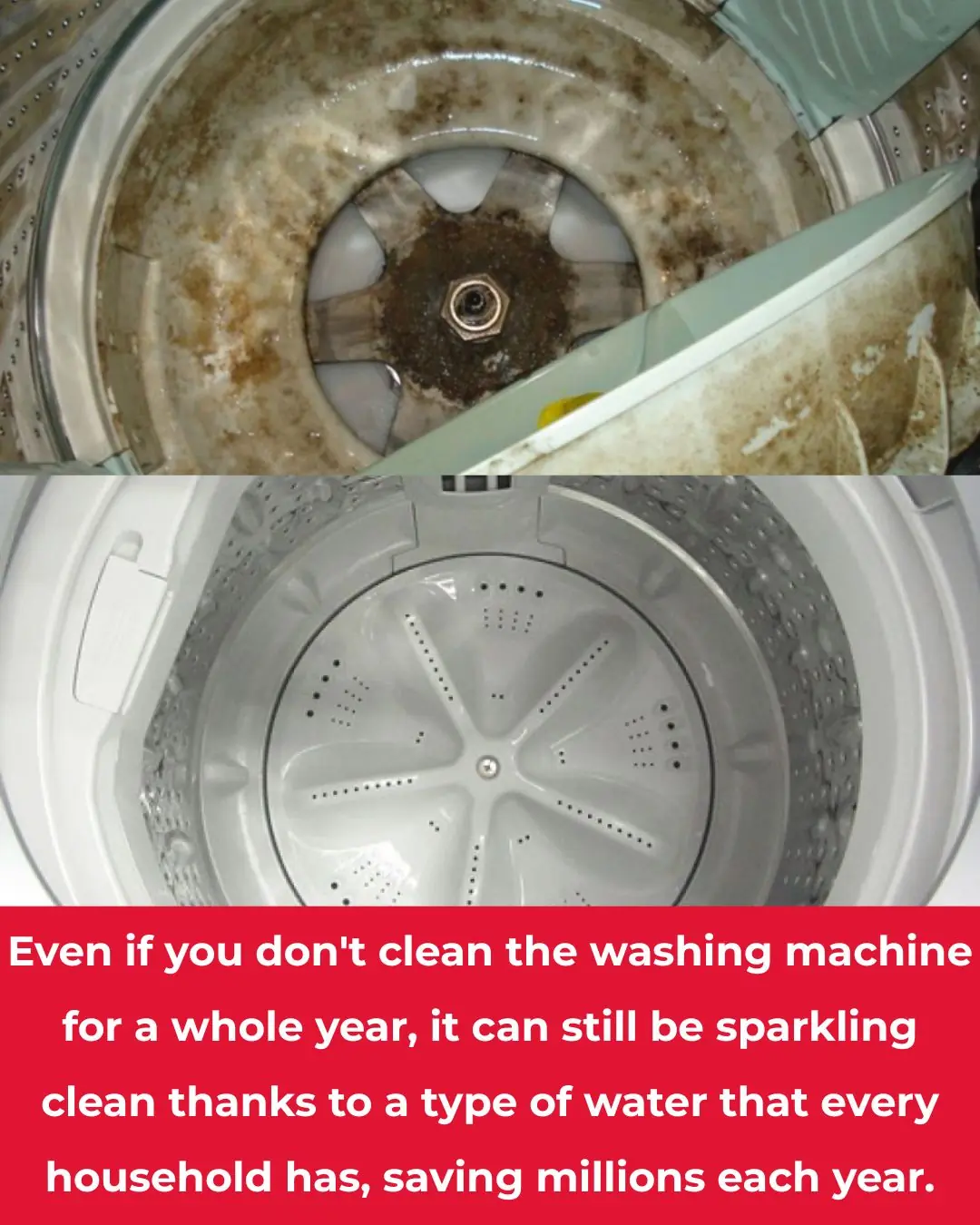
Washing machine stays clean all year without scrubbing thanks to a common household liquid, saving millions every year 👇👇

Aster flowers, the 'miracle cure' hidden in roadside wild plants
